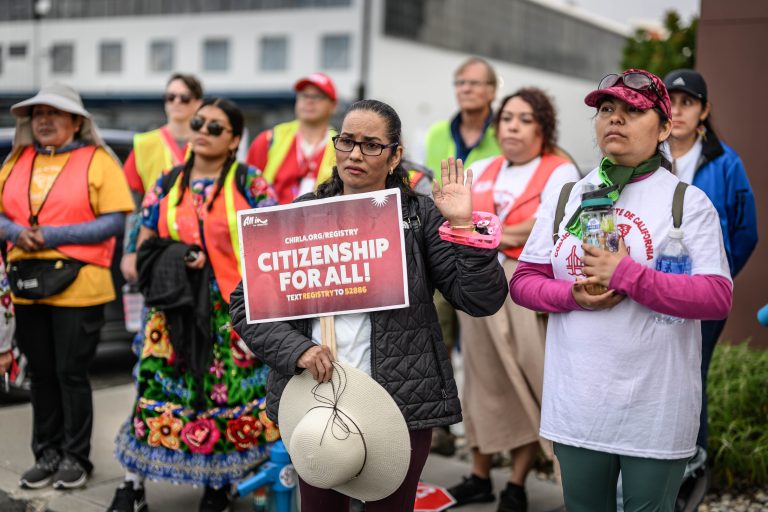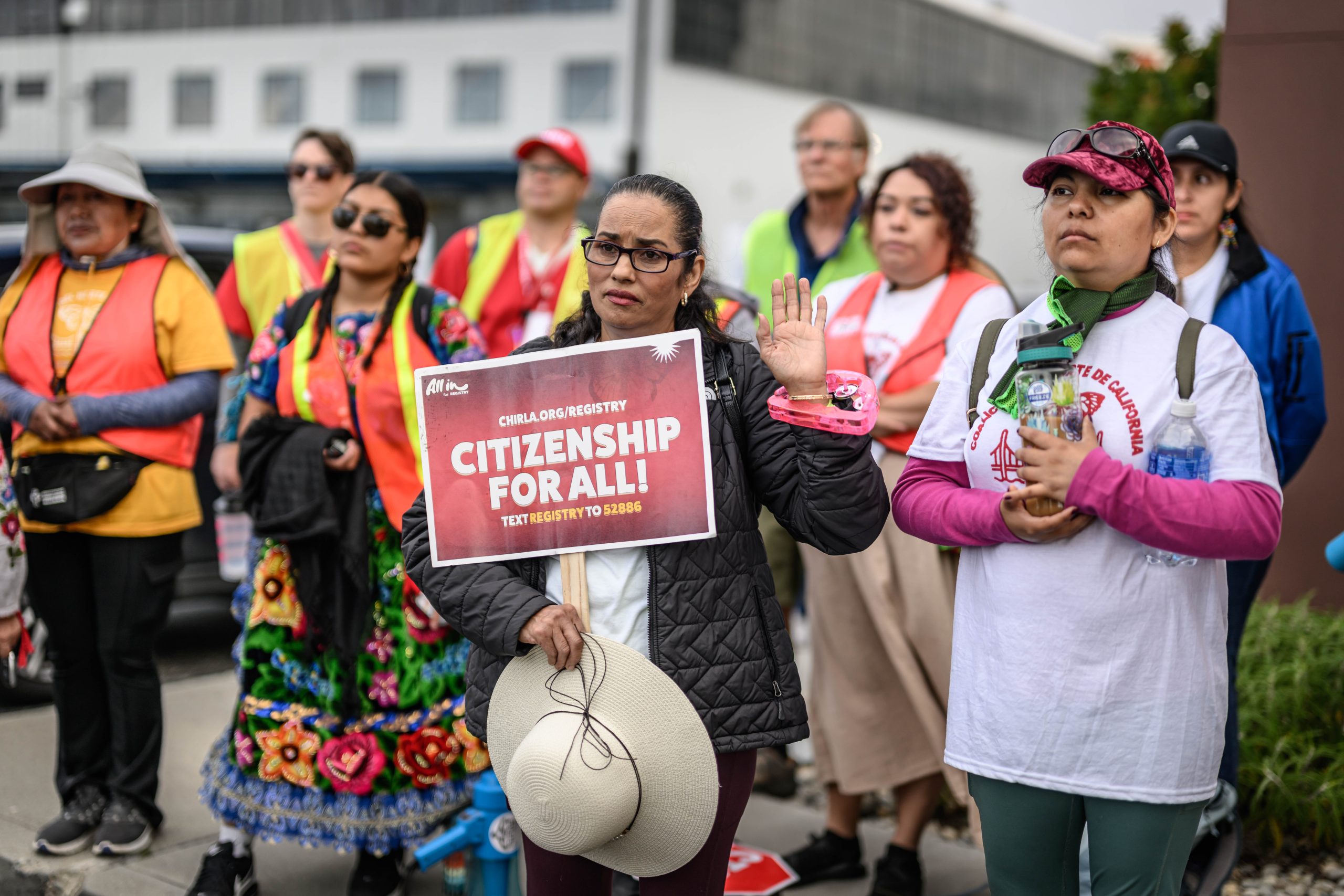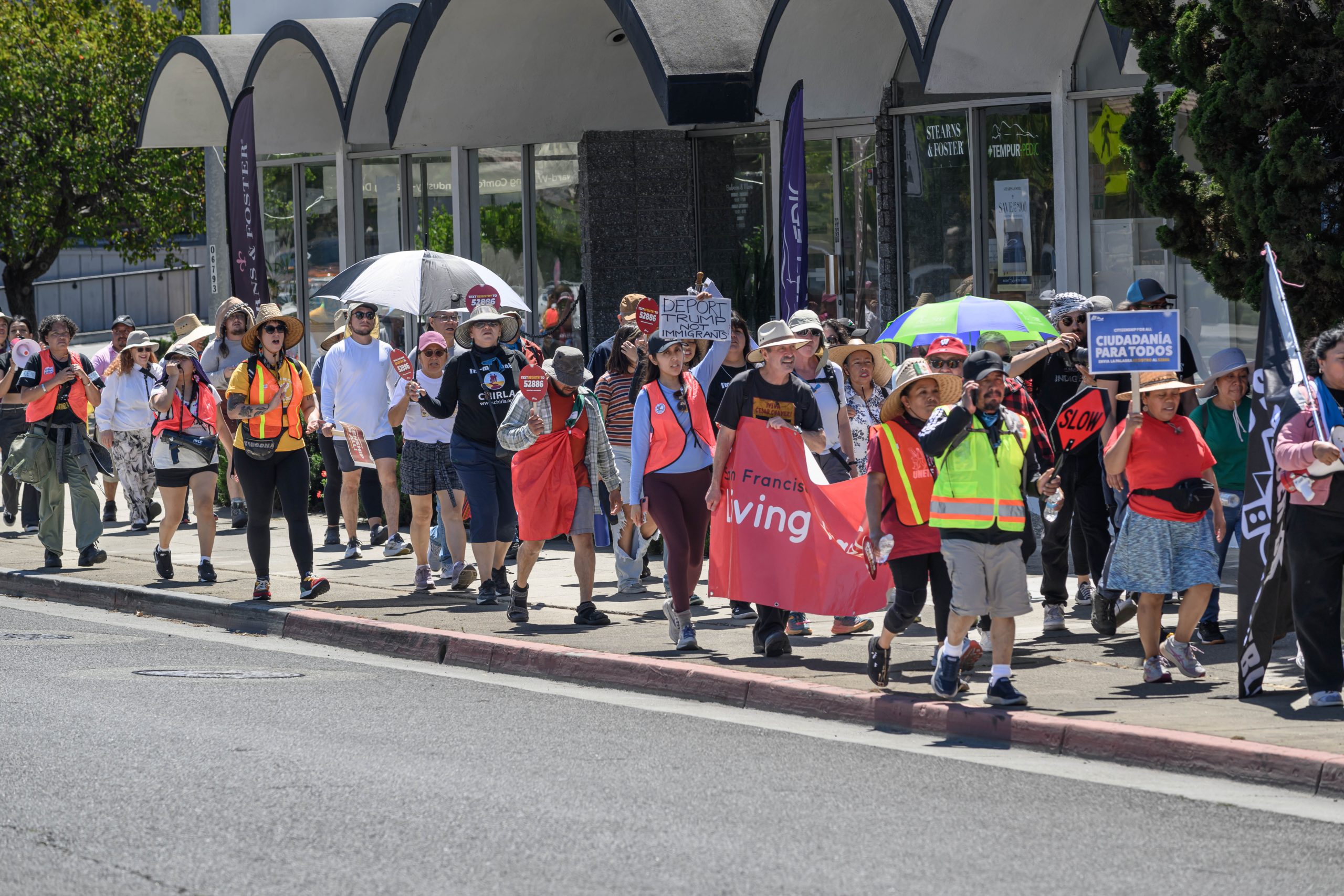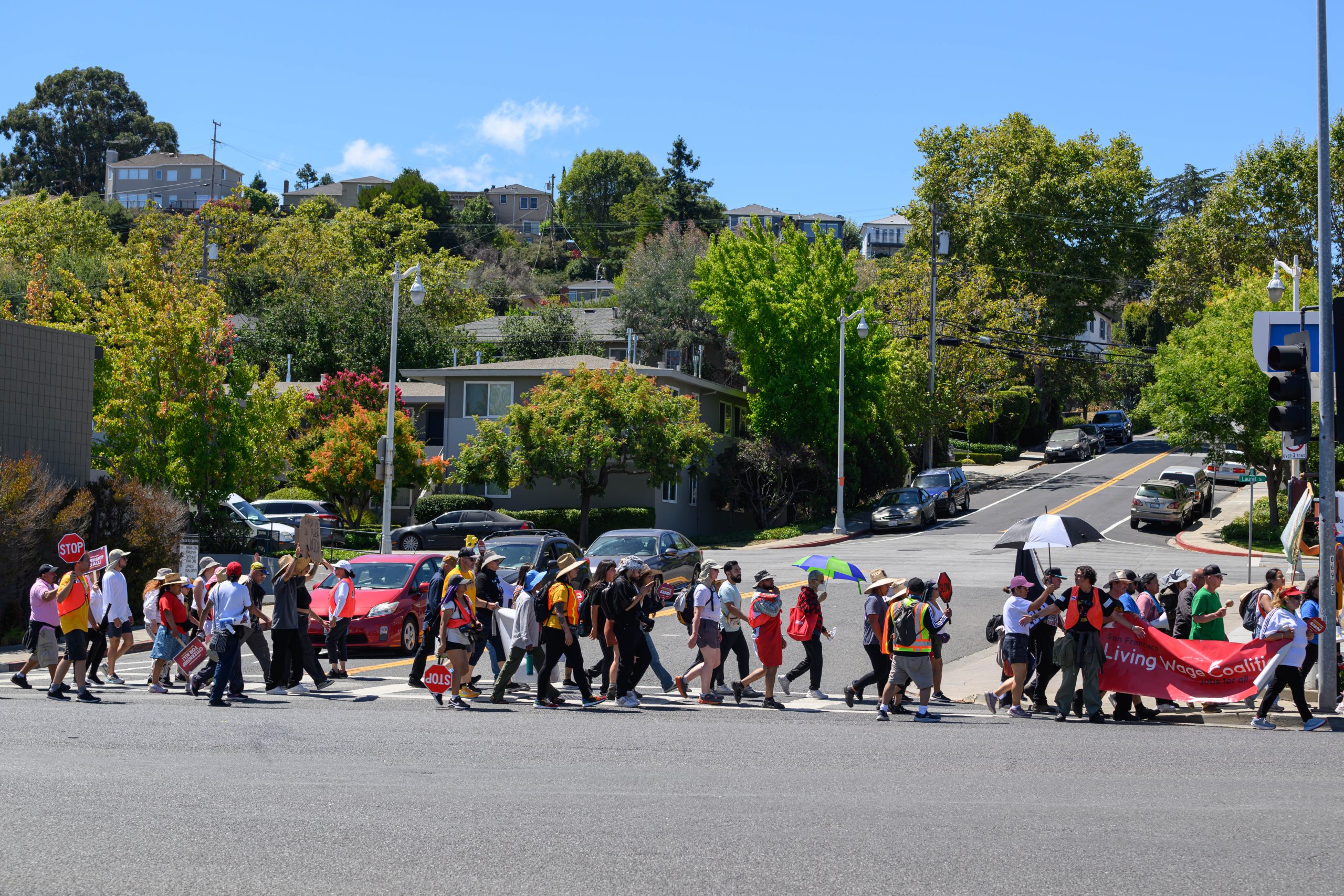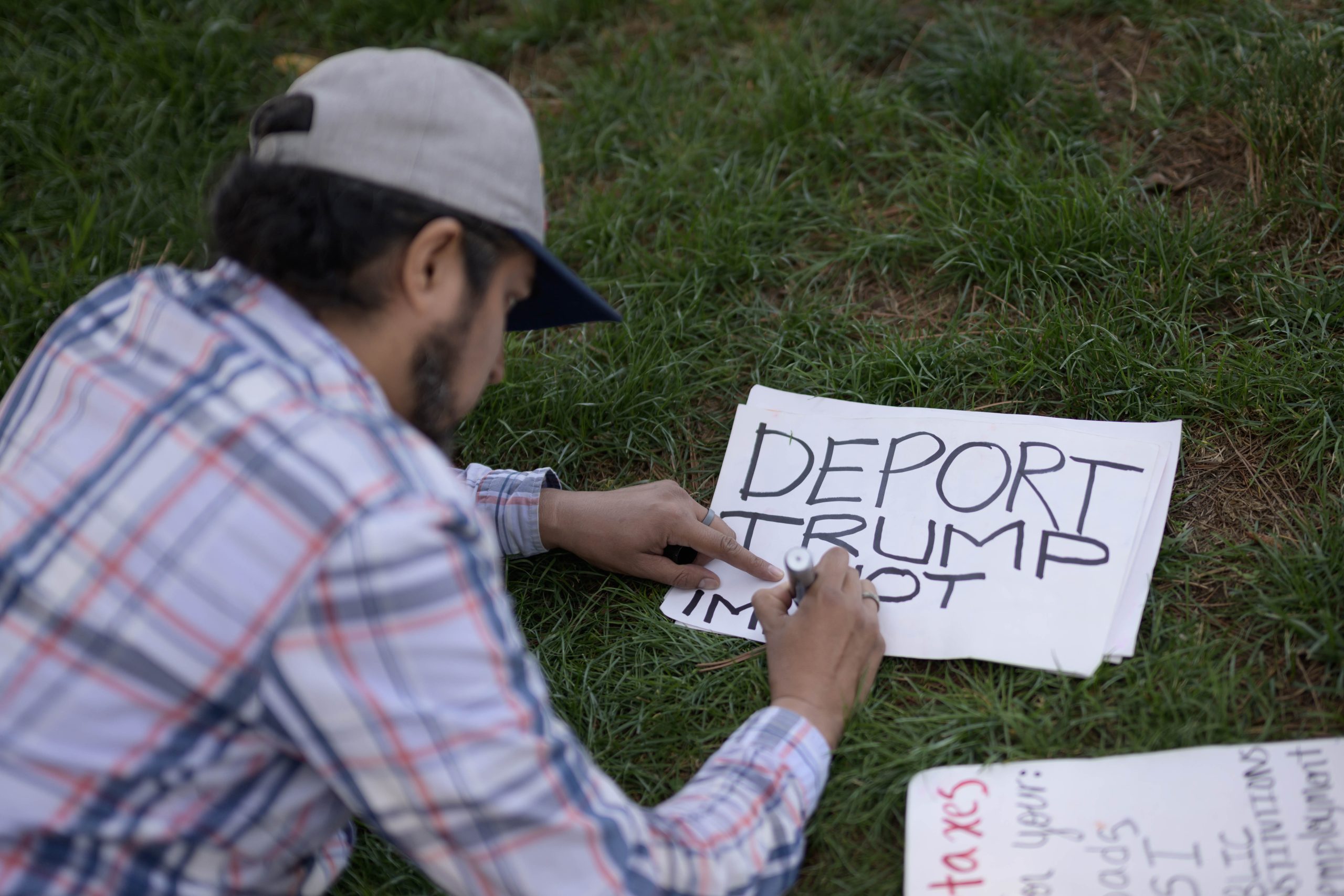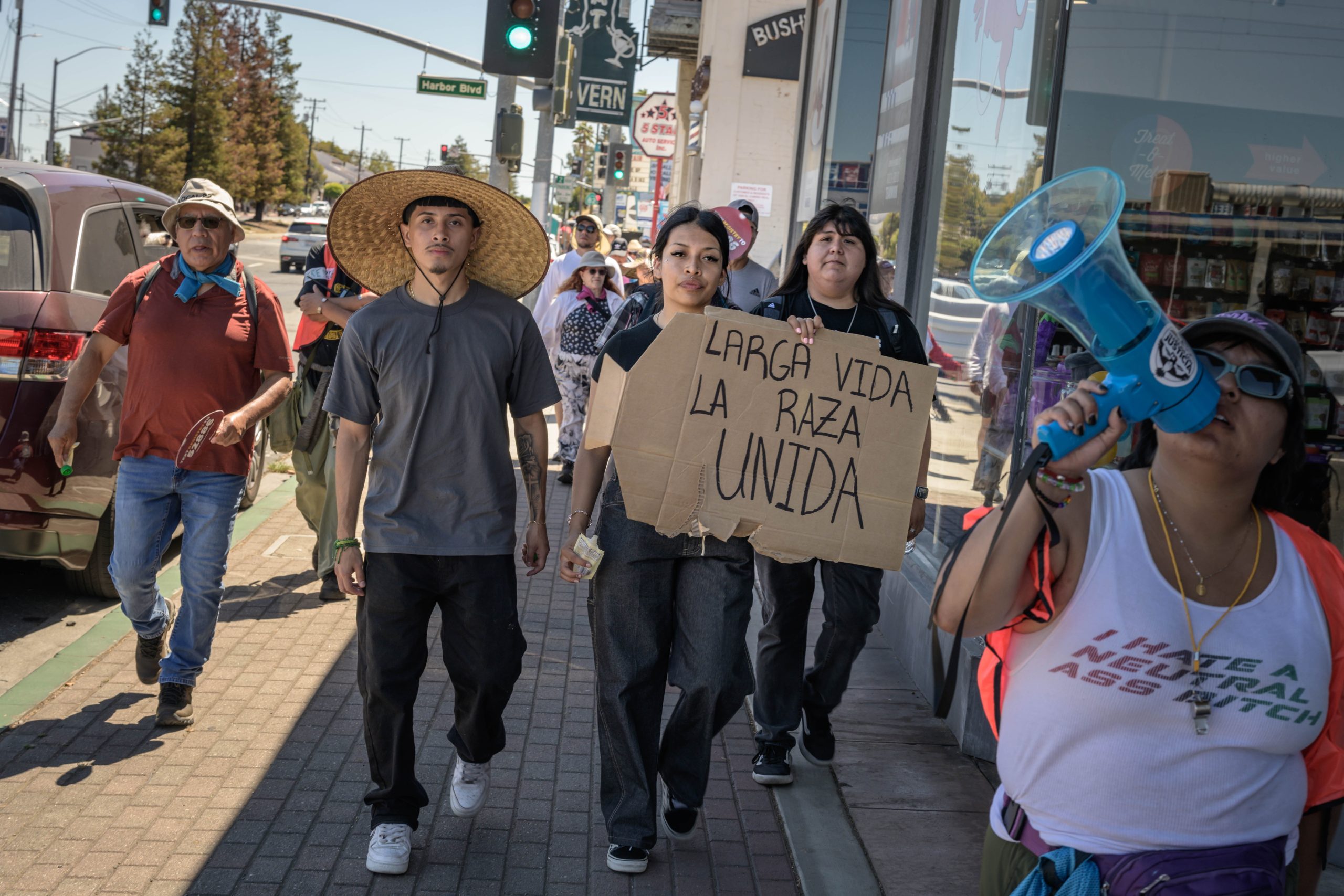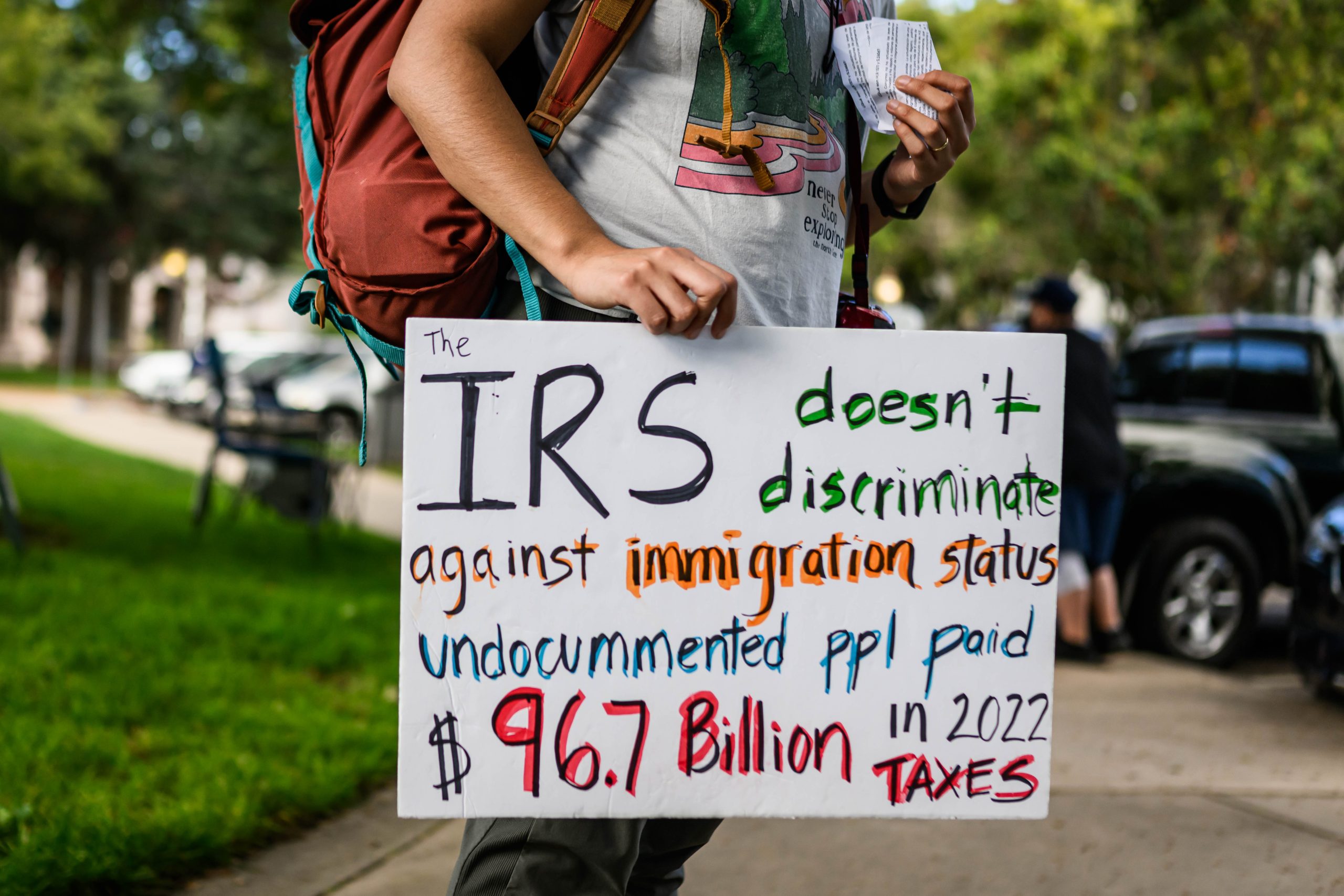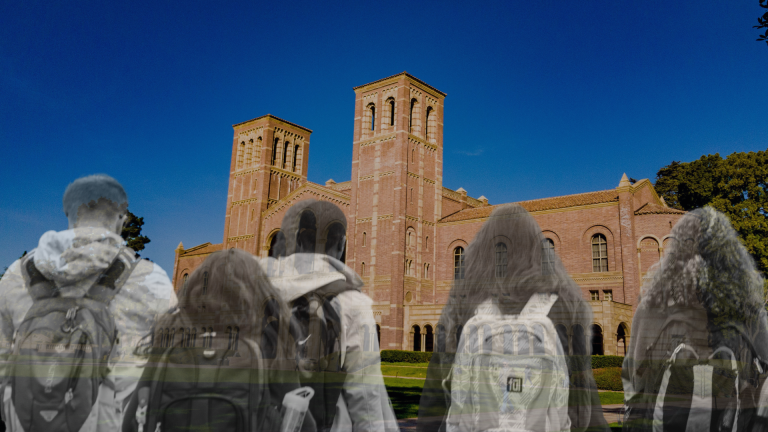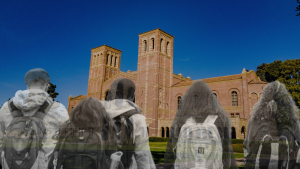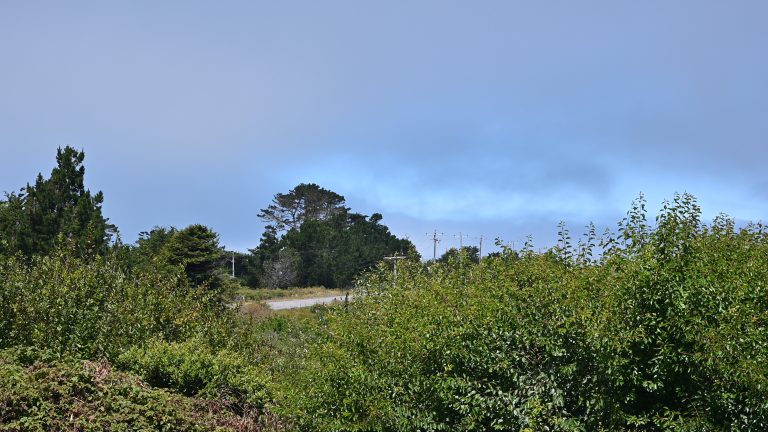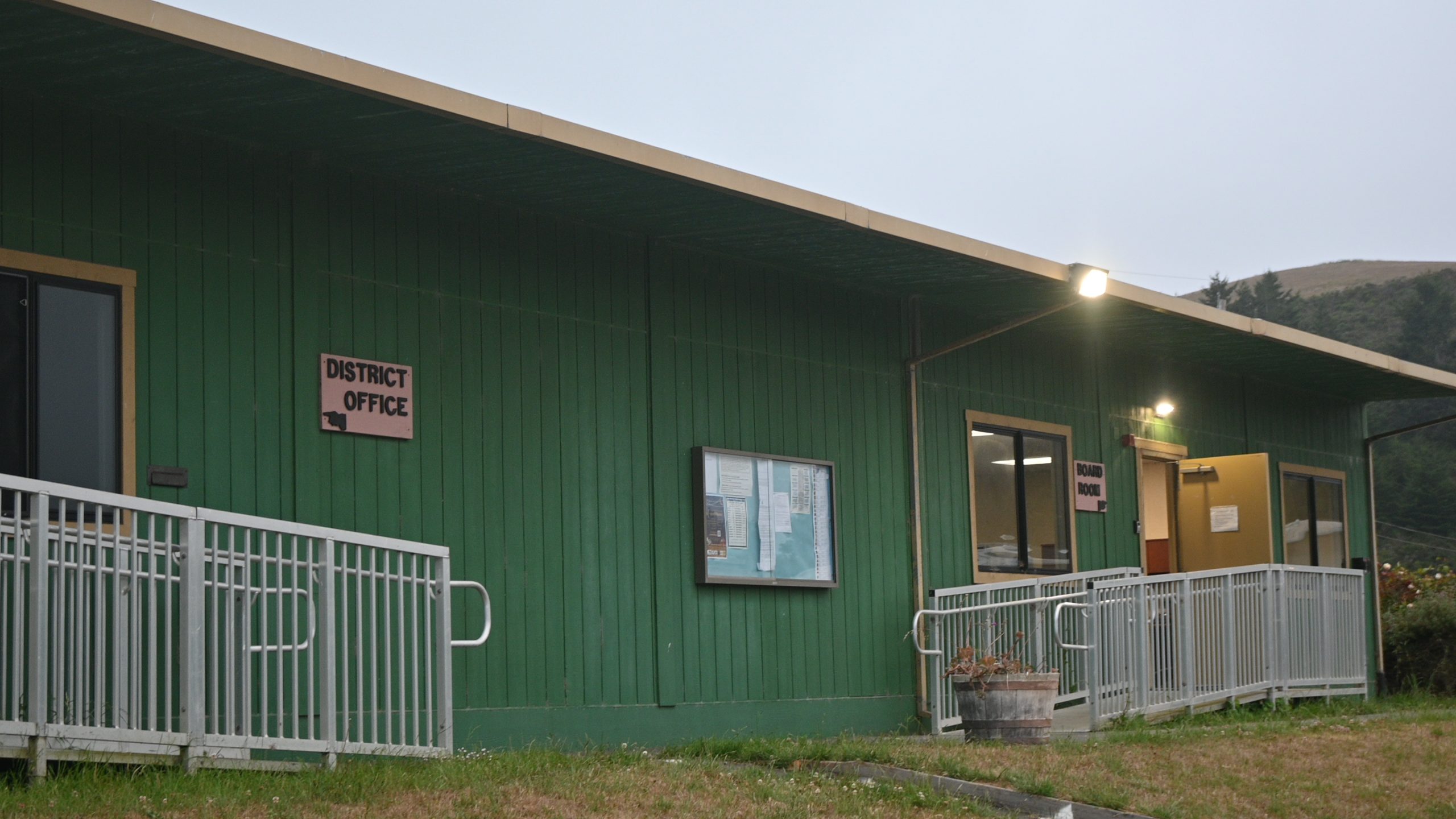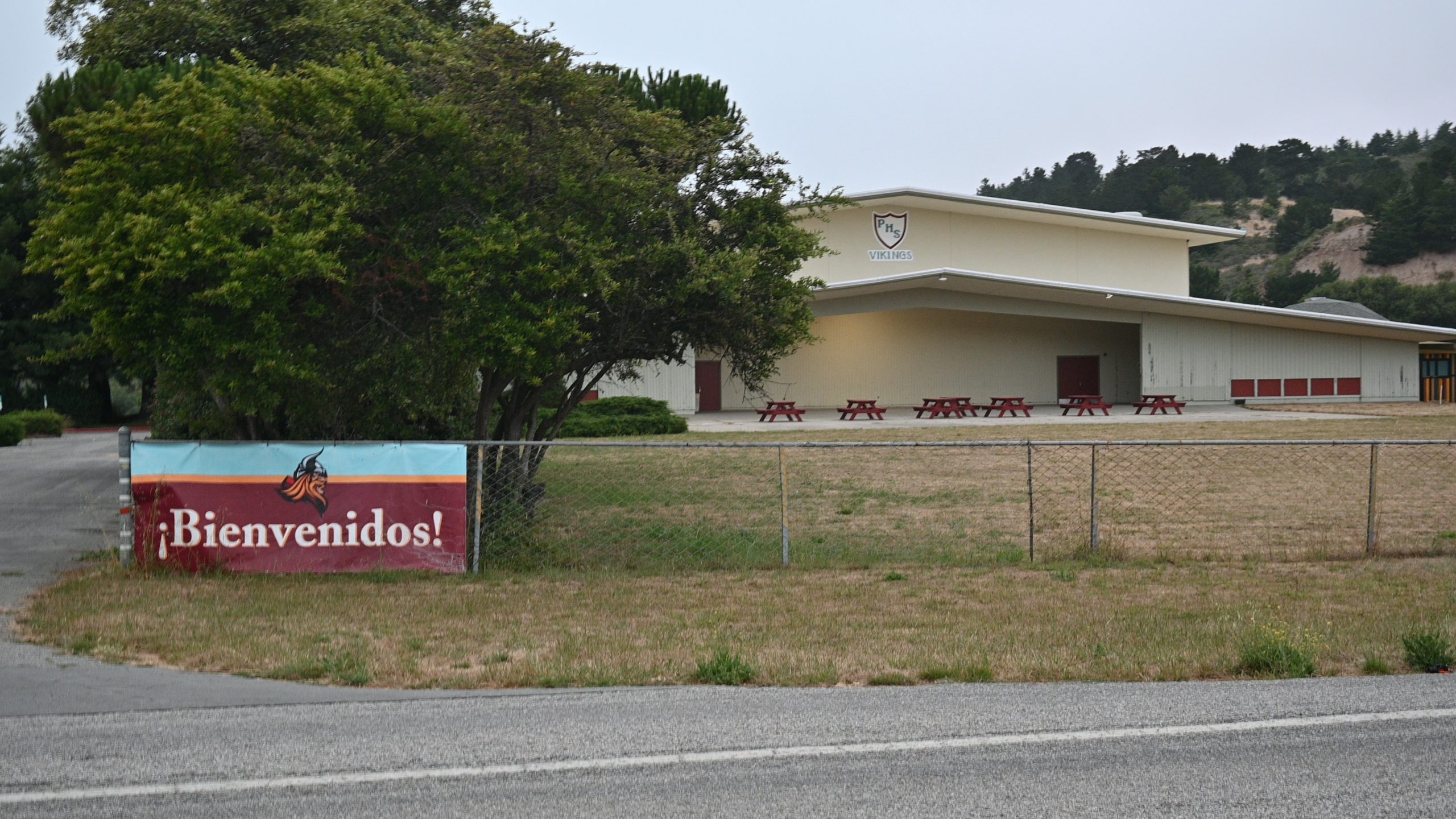
Listen to this note:
Financial aid at Community Colleges is essential to provide more and better opportunities for young students regardless of immigration status, and September 3 is the deadline to apply for financial aid that allows undocumented students and documented students without residency who meet certain eligibility requirements to apply for financial aid.
California Community Colleges serve more than 1.9 million students, making it the largest higher education system in the nation.
More than 70 percent of these students come from diverse ethnic backgrounds, with 48 percent identifying as Hispanic and 65 percent classified as Economically Disadvantaged.
Despite the availability of financial aid through the California Dream Act or the FAFSA, the number of undocumented students applying for these aid programs remains low, experts reported during a briefing held by Ethnic Media Services.
The California Dream Act Application (CADAA) allows undocumented and documented students without residency who meet certain eligibility requirements to apply for state financial aid.
On the other hand, the Free Application for Federal Student Aid (FAFSA) allows eligible students to apply for both federal and state financial aid and either the FAFSA or the CADAA Application must be completed but not both.
To be eligible for the FAFSA, students must be U.S. citizens, permanent residents, or eligible noncitizens.
Dr. Daisy Gonzales, executive director of the California Student Aid Commission, explained that the mission for the state is to make education financially accessible to all Californians, “that is the urgency, because September financial aid is the most important ingredient for student success.”
September 3 is the deadline for California community college students, providing a lifeline, a gateway to education, and a driving force for California to continue as a leader in higher education.
It's worth noting that Californians can attend one of 116 community colleges by applying for financial aid, Daisy Gonzales said.
“I want them to know that their dreams are not only worthy, but possible. I want them to know that the California Student Aid Commission understands that the most vulnerable students, undocumented students, many of whom attend and will attend a community college,” she stressed.
It is estimated that more than 12 percent of all students in California public schools come from a family in which one or more parents do not have a Social Security number, so this becomes a life-changing help.
“It can be the difference between a student pursuing their dreams or making them a reality, it certainly was for me. Therefore, it is critical that we reach out to all students, especially those from underprivileged communities who may not know that there are still resources available and make sure they do not miss out on this life-changing opportunity,” concluded the graduate in Public Policy.
Ivan Hernandez, president of the Student Senate of California Community College, commented that the financial situation has been a very important factor in his education because without financial support he would not be able to be in an educational system and his opportunities would be limited.
“It has been extremely frustrating and challenging for people from mixed-status families, like myself, to pursue a real higher education, as I am the type of person who typically receives their FAFSA application within about a week or two after the application process opens,” she said.
Hernandez commented that it only took 2 hours to complete the process, it is actually simpler than you think, so support and guidance are provided for those who have doubts and see that access to resources is real.
“I finished my internship with Microsoft and it’s even empowering to see myself as someone whose English is a second language, who recently moved to the U.S. and who is currently pursuing a bachelor’s degree. So, that’s the message…it’s never too late,” Hernandez added.
Nancy Jodaitis, Director of Higher Education at Immigrants Rising He explained that it is necessary for all students to have the information and submit their application, even those who have been such an integral part of the community and the state, as well as in the economy and education.
“As a proud product of community colleges myself, I know how invaluable it has been to help students, not just high school students, but students of all ages return to school and receive the support that will allow them to prepare for the future,” she said.
You may be interested in: NVIDIA brings AI to students, educators and community college workers in California











